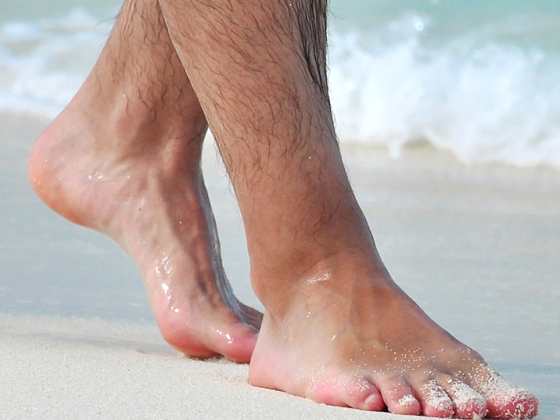Experience with the use of direct oral anticoagulants is growing steadily. Many studies show clear superiority over vitamin K antagonists. However, it has not yet been possible to create a clear data basis for every scenario. This is where the new EHRA Practice Guide comes in, in which several experts have derived practical recommendations based on existing evidence and clinical experience.
DOAKs are all the rage these days. And rightly so. This is because they have proven that they are not only an alternative to vitamin K antagonists (VKA) for the prevention or treatment of arterial and venous thromboembolic events, but are actually superior to them in many areas. For example, a recent study investigated the efficacy and safety of both agents in hemodialysis patients [1]. 132 hemodialysis patients with AF were randomized to receive either VKA, 10 mg rivaroxaban, or rivaroxaban and vitamin K2 daily for 18 months. The primary efficacy end point was a composite of fatal and nonfatal cardiovascular events. In the VKA group, the primary end point was 63.8 per 100 person-years; for DOAK alone, 26.2 per 100 person-years; and for DOAK plus vitamin K2, 21.4 per 100 person-years. This shows that reduced rivaroxaban dose in hemodialysis patients significantly reduces the combined outcome of fatal and nonfatal cardiovascular events and major bleeding complications compared with VKA.
However, the data situation is not unambiguous everywhere, as Prof. Jan Steffel, MD, Zurich, explained. Therefore, the experts in the practice guideline worked with color codes for potential drug interactions, for example [2]. Blue indicates a risk of reduced DOAK plasma concentrations, which may limit efficacy. With yellow-labeled agents, increased plasma levels of DOAKs could occur, especially with polypharmacy, resulting in an increased risk of bleeding. Agents marked with orange are moderate inhibitors of CYP3A4 and/or P-gp, and therefore may increase NOAK plasma concentrations. If such substances are taken concomitantly with a NOAK, the NOAK dose should be reduced or the lower dose given. In contrast, agents such as HIV protease inhibitors should not be used with a DOAK and have therefore been highlighted in red.
Special patient populations in view
Treatment often becomes difficult in special risk groups, such as patients with liver disease. But it is precisely these that must not be neglected, says the expert. It is essential to assess liver and kidney function, bleeding risks, thromboembolic risk factors, and relevant comedications before starting DOAK treatment. If anticoagulation is administered, close follow-up is indicated in any case. However, DOAKs are contraindicated in patients with liver disease associated with clinically manifest coagulopathy and clinically relevant bleeding risks such as Child-Pugh stage C liver cirrhosis.
For individuals with thrombocytopenia in whom anticoagulation is indicated, for example, due to atrial fibrillation, the decision should be made individually and together with the patient. The reasons for thrombocytopenia, thrombocyte count/dynamics, and bleeding risk should be clarified in advance. However, DOAK treatment should really only be avoided if the platelet count is below 20 000/µl. Between 20,000/µl and 50,000/µl, caution and close clinical monitoring, incl. monitoring of the platelet count, is appropriate. If at least one bleeding risk is present, consider administration of half a DOAK dose. At >50 000/µl, close monitoring is sufficient.
For patients of advanced age, DOAKs are part of the standard therapy for stroke prophylaxis. Even in frail patients or those with cognitive impairment, the benefits of treatment outweigh the risks. Even the presence of MRI-detectable cerebral microbleeds is not per se a reason to withhold oral anticoagulation from the patient, according to the experts. Only in cases of extreme frailty or limited life expectancy should DOAK administration be considered. In principle, however, close monitoring is indicated.
Congress: European Heart Rhythm Association (EHRA)
Literature:
- Dr Vriese AS, Caluwe R, Van Der Meetsch H, et al: Safety and Efficacy of Vitamin K Antagonists versus Rivaroxaban in Hemodialysis Patients with Atrial Fibrillation: A Multicenter Randomized Controlled Trial. J Am Soc Nephrol 2021;32(6): 1474-1483.
- Steffel J, Collins R, Antz M, et al: 2021 European Heart Rhythm Association Practical Guide on the Use of Non-Vitamin K Antagonist Oral Anticoagulants in Patients with Atrial Fibrillation; EP Europace 2021, euab065, DOI: https://doi.org/10.1093/europace/euab065
CARDIOVASC 2021; 20(2): 34 (published 6/24/21, ahead of print).











